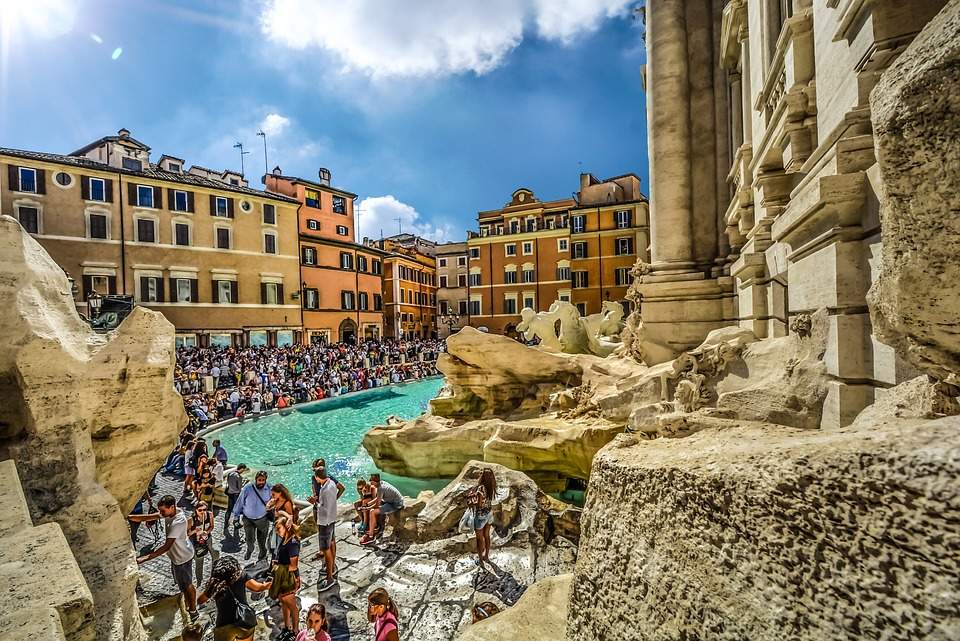Tourism industry's alarm: lack of qualified professionals
There is concern in the tourism sector about the lack of qualified professionals. This is the alarm raised by the president of Federturismo Confindustria, Marina Lalli, who touched on the subject during the FareTurismo event, the three-day orientation and comparison event for students and graduates in tourism subjects and for sector operators, held at the European University of Rome. With the pandemic, in fact, tourism has lost about 200,000 workers who have moved elsewhere, and the paradox, according to Lalli, is that despite the fact that in 2022 the demand for jobs in the sector has increased by 15.4 percent, there is a lack of suitable figures to fill the vacant roles with the prospect that in the next five years almost a quarter of the jobs will remain unfilled.
The gap, however, does not only affect high-profile figures; there is great difficulty in finding staff such as hotel cooks, waiters, and marketing technicians. Alongside the personnel issue is another, if possible even more decisive in the revitalization of the sector:upgrading the skills of operators.
The gap between labor supply and demand is an issue that has now become an emergency in Italy, according to Lalli. “The training world unfortunately has a serious structural shortage of human resources, and the university, with few exceptions, is not aligned with the needs of the productive world,” he says. “For the search of certain profiles, the timeframes have lengthened, sometimes even reaching a year, leading to heavy consequences on the provision of services and on the budgets of companies that often find themselves forced to take candidates and train them in the company, with considerable costs, borne by them.”
In the opinion of Federturismo’s president, one of the crucial nodes is precisely the poor connection between education and employment. Hence the fear, also launched on several occasions by Confindustria, that the school-academic system is unable to meet the demand for skills that comes from the business world, and more generally from the world of work.
“That is why,” Lalli concludes, “there is a need to strengthen orientation activities aimed at reducing the mismatch between supply and demand. The training and preparation of tourism professionals as well as the improvement of quality is crucial to sustaining the competitiveness of our country, and FareTurismo has for years now represented a valuable meeting opportunity for young people who need to embark on their professional future and for those in the industry who wish to keep up to date.”
Image: tourists at the Trevi fountain
 |
| Tourism industry's alarm: lack of qualified professionals |
Warning: the translation into English of the original Italian article was created using automatic tools. We undertake to review all articles, but we do not guarantee the total absence of inaccuracies in the translation due to the program. You can find the original by clicking on the ITA button. If you find any mistake,please contact us.



























